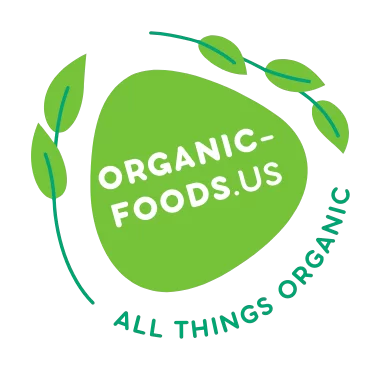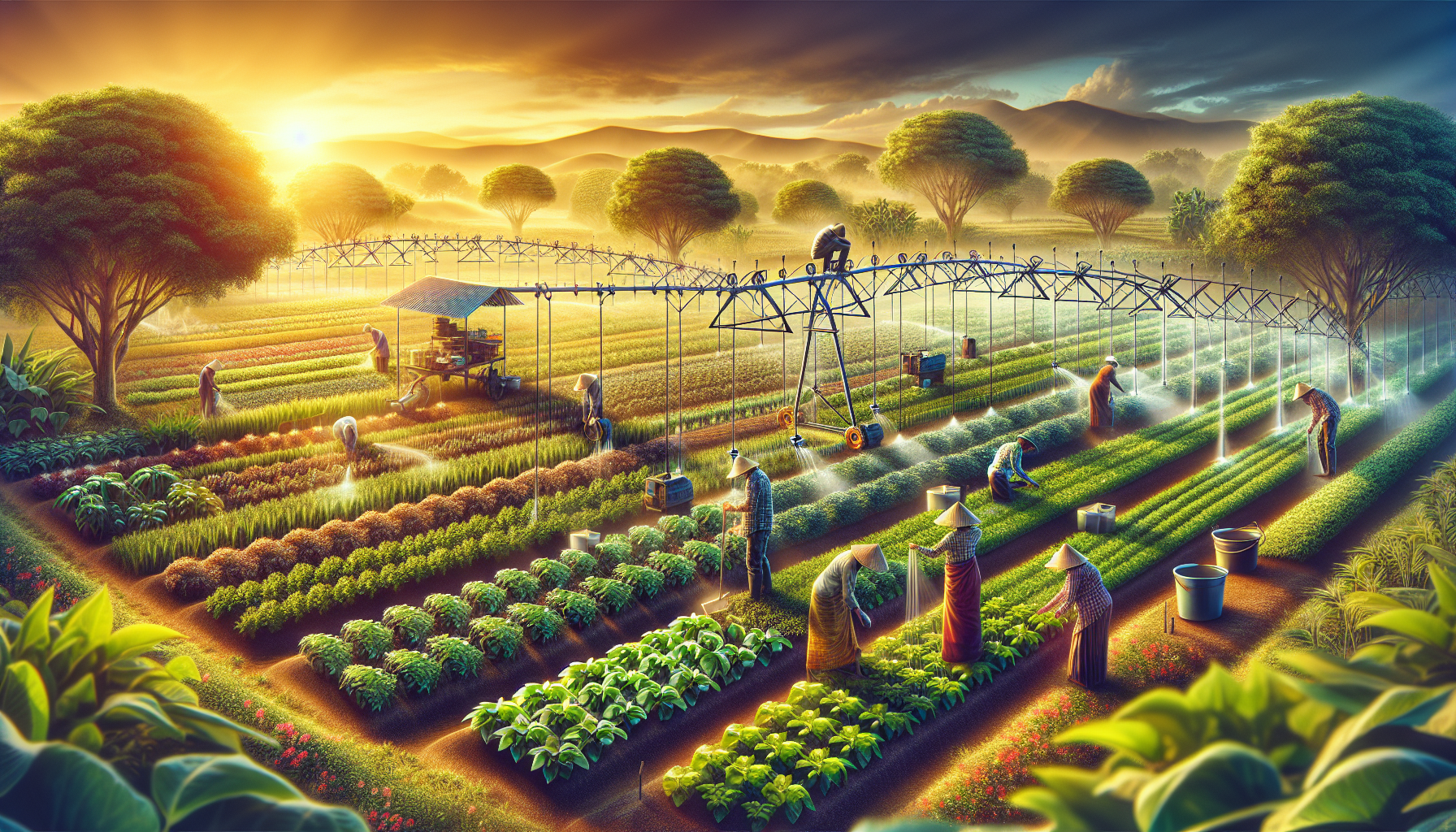Organic Farming With Smart Irrigation Sensors: A Modern Approach to Sustainable Agriculture
Introduction to Organic Farming and Smart Irrigation
Organic farming has surged in popularity over the last few decades, driven by a growing consumer demand for sustainably produced food that’s free from synthetic pesticides and fertilizers. At the heart of this movement lies the commitment to preserving soil health, promoting biodiversity, and ensuring the long-term sustainability of agricultural practices. However, one of the challenges faced by organic farmers is efficient water management, particularly in regions prone to drought or unpredictable weather patterns. This is where smart irrigation sensors come into play, offering a technologically advanced solution to an age-old problem.
What Are Smart Irrigation Sensors?
Smart irrigation sensors are devices that monitor soil moisture levels, weather conditions, and plant water needs to optimize irrigation schedules. These sensors can be connected to an automated irrigation system, ensuring that crops receive just the right amount of water at the right time. By using real-time data, these devices help prevent over-watering and under-watering, both of which can be detrimental to crop health and yield. The integration of smart irrigation sensors into organic farming practices represents a harmonious blend of technology and nature, aimed at enhancing productivity while conserving resources.
Benefits of Using Smart Irrigation Sensors in Organic Farming
The adoption of smart irrigation sensors in organic farming offers numerous benefits. Firstly, these sensors help in conserving water, a critical resource in agriculture. By precisely tailoring irrigation to the needs of the crops, farmers can significantly reduce water usage, which is not only environmentally friendly but also cost-effective. Secondly, smart irrigation can improve crop yields by ensuring that plants receive adequate hydration, which is essential for their growth and development. Thirdly, these sensors can contribute to soil health by preventing over-watering, which can lead to soil erosion and nutrient leaching. Finally, smart irrigation systems can reduce labor costs, as they automate the watering process, freeing up time for farmers to focus on other aspects of their operations.
Case Studies and Real-World Applications
Several case studies have demonstrated the effectiveness of smart irrigation sensors in organic farming. For instance, a study conducted by the University of California, Davis, found that farms using smart irrigation sensors experienced a 20% increase in water efficiency compared to traditional irrigation methods University of California, Davis Study on Water Efficiency. Another example comes from a vineyard in Napa Valley, where the implementation of smart irrigation led to a noticeable improvement in grape quality and a reduction in water usage by 15% Napa Valley Vineyards Smart Irrigation Implementation. These real-world applications highlight the potential of smart irrigation sensors to transform organic farming practices.
Challenges and Considerations
Despite their many benefits, the adoption of smart irrigation sensors in organic farming is not without challenges. The initial cost of purchasing and installing these systems can be prohibitive for some farmers, particularly those operating on small or marginal lands. Additionally, there is a learning curve associated with understanding and effectively using the data provided by these sensors. Farmers need to be trained on how to interpret the data and make informed decisions based on it. Furthermore, the reliance on technology introduces a new set of risks, such as system failures or cyber-attacks, which must be mitigated through proper maintenance and security measures.
Future Prospects and Innovations
The future of organic farming with smart irrigation sensors looks promising, with ongoing innovations aimed at making these systems more accessible and user-friendly. For instance, advancements in sensor technology are leading to more accurate and reliable data collection, while developments in data analytics are enabling farmers to gain deeper insights into their irrigation needs. Additionally, the integration of smart irrigation sensors with other smart farming technologies, such as drones and IoT devices, is opening up new possibilities for precision agriculture. As these technologies continue to evolve, they have the potential to revolutionize organic farming, making it more sustainable and productive than ever before.
Conclusion
Organic farming with smart irrigation sensors represents a forward-thinking approach to sustainable agriculture. By combining the principles of organic farming with the precision of smart technology, farmers can enhance their operations’ efficiency, conserve water, and improve crop yields. While there are challenges to overcome, the potential benefits are significant, paving the way for a more sustainable and productive future in organic farming. As more farmers adopt these technologies, the agricultural landscape is set to undergo a transformative shift, driven by the power of smart irrigation sensors Research on Smart Irrigation Sensors in Agriculture.

